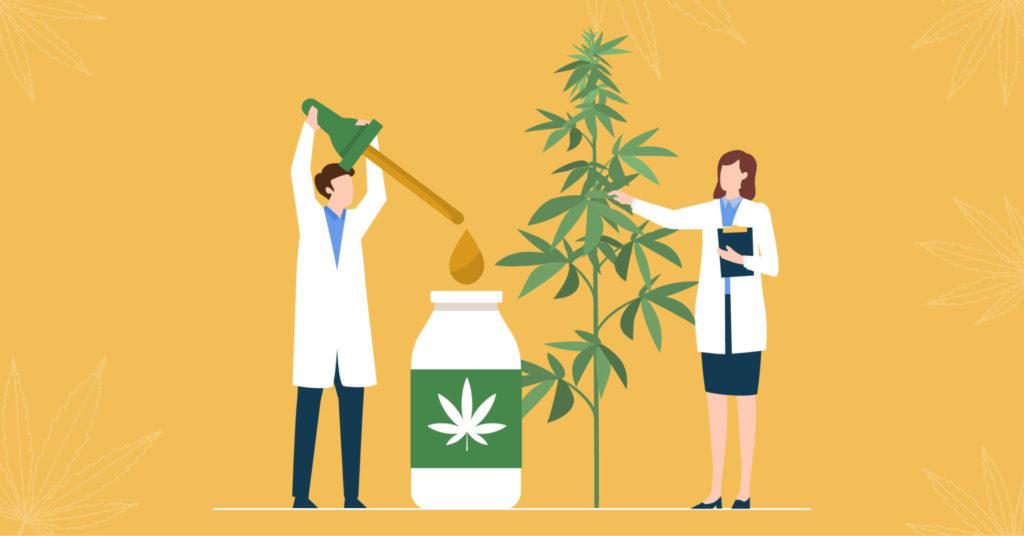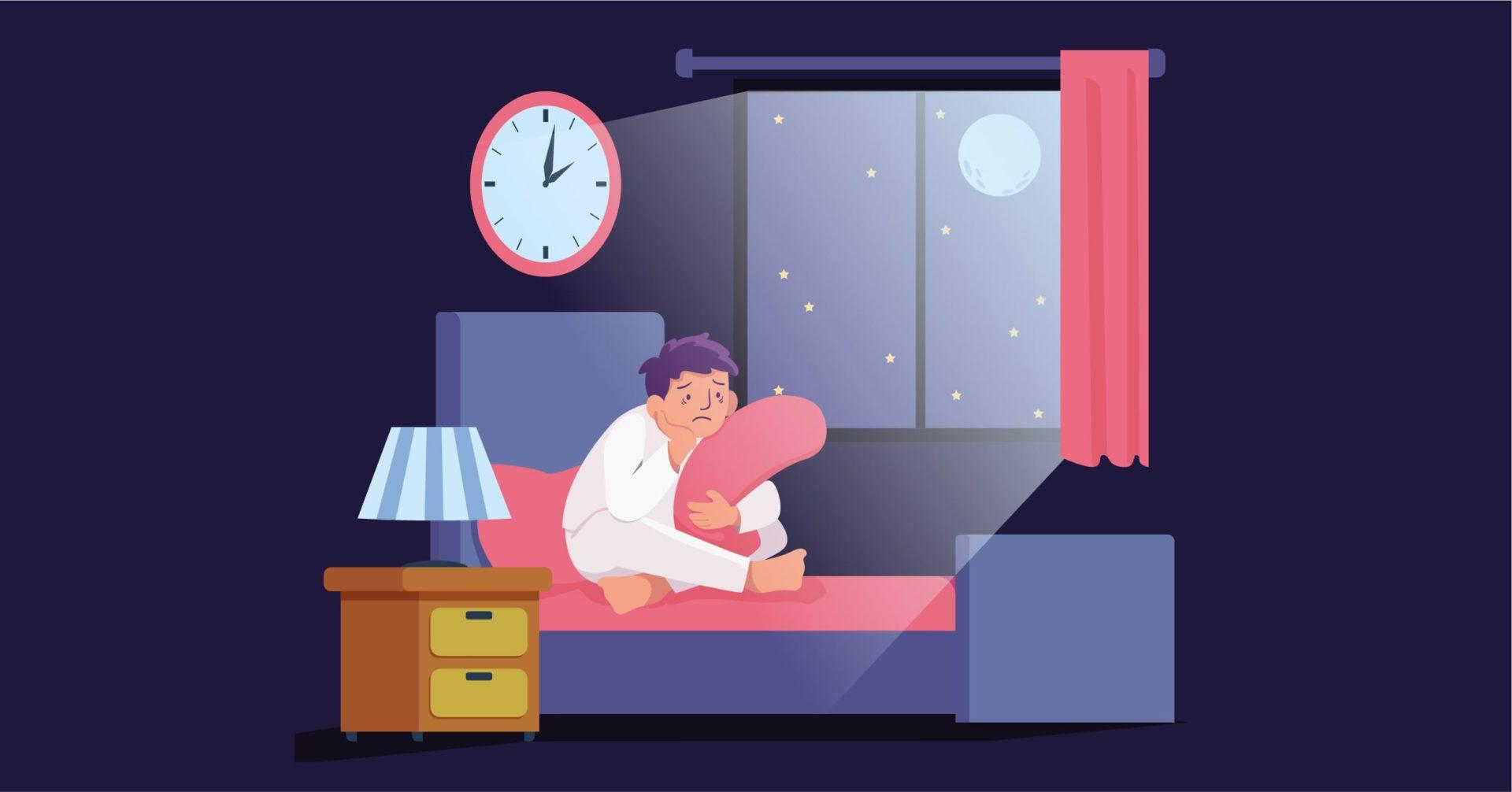Overview
Cannabis withdrawal is commonly experienced after the cessation of cannabis use following a period of regular or frequent use of the substance.
Certain psychological and physiological symptoms are likely to be experienced as part of cannabis withdrawal, including mood-related symptoms such as irritability, anger, anxiety, depressive moods, and aggression, as well as certain symptoms including headaches, sleeping issues, appetite problems, abdominal pain, and so on.
While most manifestations of cannabis withdrawal are not severe, in certain cases they can hinder functionality as well as increase chances of relapse.
A third of individuals engaging in regular cannabis use experience withdrawal, while as much as 95% of individuals engaging in heavy cannabis use report withdrawal symptoms upon cessation. Age may influence the severity of symptoms, with individuals of older age reportedly experiencing more severe withdrawal. Women are also considered to experience withdrawal more severely, as well as more frequently.
A variety of factors are associated with the severity of withdrawal symptoms, including dependency, prior use, individual differences, biological and environmental factors, and more. Physical and psychiatric comorbidities may worsen symptoms, but in other cases, cannabis withdrawal can be dealt with adequate support and a few lifestyle changes.
Signs and symptoms
Cannabis Withdrawal occurs after the abrupt cessation of cannabis use after a period of regular, heavy, and frequent consumption of the substance. Signs and symptoms may include:
- Irritability
- Anger
- Aggression
- Being nervous or anxious
- Problems with sleep, such as nightmares, insomnia, or hypersomnia
- Decreased appetite and weight loss
- Being restless
- Depressive mood
- Abdominal pain
- Shakiness or tremors
- Perspiration (sweating)
- Fever or chills
- Headache
- Fatigue
- Difficulty concentrating
Risk Factors
Among those who report Cannabis Withdrawal, a majority are individuals who seek treatment for Cannabis Use Disorder, as well as those who may partake in heavy cannabis use without actually intending to receive treatment for the same.
33% of individuals using cannabis regularly report symptoms of cannabis withdrawal, while between 50-95% individuals who heavily use cannabis have reported experiencing withdrawal symptoms.
Symptoms of withdrawal tend to present themselves within the first two days after quitting use of cannabis. The most severe manifestation of these symptoms, or their peak, may be experienced within the first week, and can last for as long as two weeks. Some symptoms may be experienced for longer durations than others – for instance, sleep disturbances may last for about a month after cessation of cannabis use.
Severity of cannabis withdrawal symptoms is determined by a multiplicity of factors, including the context of cessation, prior use, personality traits, comorbidity, life stressors, expectations, support, and more.
Women were reported to present with more frequent and more severe symptoms of withdrawal following cessation. Older age during the time of cessation is considered to lead to more severe experiences of withdrawal. This may be due to the fact that adults are more likely to have used cannabis frequently and for a longer period of time, as well as in a larger quantity.
One of the most widely implicated factors when considering severity of cannabis withdrawal is dependence. A higher level of dependence on cannabis, which may be observed as more frequent use, has been associated with more functional impairment brought about by severe withdrawal symptoms affecting day-to-day life.
Use of other substances, including alcohol and tobacco have also been considered to have an influence, with a higher intensity of withdrawal being associated with substance use other than cannabis.
Certain biological factors have also been implicated in studies surrounding Cannabis Withdrawal. The influence of genetic contribution has been identified to match that of cannabis use.
Cannabis use is significantly impacted by genetic factors, making this notable. Neurobiological factors look closely at the role played by cannabinoid receptor 1, or the CB1 receptor.
The availability of CB1 receptors was considered to be associated with lower occurrences of cannabis withdrawal, put across as an inverse relation between the two. The presence of psychiatric comorbidity is also considered to be related to the severity of cannabis withdrawal symptoms.
It is important to consider that cannabis withdrawal, and its severity, are closely associated with the ability of individuals to abstain from cannabis use. While it is unusual for cannabis withdrawal to manifest in the form of severe symptomatology, a more negative effect of cannabis withdrawal is considered to lead to a lower likelihood of quitting.
Further, there is a chance that some individuals may take to other substances, including alcohol and tobacco, to offset the effects of cannabis withdrawal and relieve certain symptoms.
Diagnosis
The diagnostic procedure to determine cannabis withdrawal may begin with a thorough clinical history of the patient in order to determine factors such as quantity, duration, and frequency of cannabis use.
Individual history can also help determine whether the cause of symptomatology is wholly attributable to cannabis withdrawal, or whether other physical or psychological factors are at play. Since the symptoms of cannabis withdrawal tend to overlap with those of withdrawal from other substances, an exhaustive patient history is vital.
Cannabis withdrawal is diagnosed when symptoms within the diagnostic criteria are met within a week of cessation of cannabis use. The Cannabis Withdrawal Scale and Marijuana Withdrawal scale may be applicable for assessment.
The DSM-5 provides the following criteria for the diagnosis of Cannabis Withdrawal:
- Cessation of cannabis use that has been heavy and prolonged (i.e., usually daily or almost daily use over a period of at least a few months).
- Three (or more) of the following signs and symptoms develop within approximately 1 week after Criterion A:
- Irritability, anger, or aggression.
- Nervousness or anxiety.
- Sleep difficulty (e.g., insomnia, disturbing dreams).
- Decreased appetite or weight loss.
- Restlessness.
- Depressed mood.
- At least one of the following physical symptoms causing significant discomfort: abdominal pain, shakiness/tremors, sweating, fever, chills, or headache.
- The signs or symptoms in Criterion B cause clinically significant distress or impairment in social, occupational, or other important areas of functioning.
- The signs or symptoms are not attributable to another medical condition and are not better explained by another mental disorder, including intoxication or withdrawal from another substance.
Treatment
Cannabis withdrawal is commonly experienced after cessation of use, and can pose a risk of relapse. That being said, it is rare for cannabis withdrawal to require medical attention when there are no comorbidities involved, as the symptomatology is not particular threatening and can be overcome with adequate support and a few behavioral adjustments.
Providing adequate education about the cause and typical trajectory of the withdrawal symptoms should be the first priority in the management of individuals approaching healthcare settings. Certain suggestions may be given with respect to specific symptoms and the best way to handle them.
Such management techniques can be easy to adopt and provide relief, including hot baths for irritability, avoiding caffeine in order to deal with restlessness, and adopting a nutritious diet in order to combat appetite-related symptoms.
Differential Diagnosis
Many symptoms of cannabis withdrawal are also symptoms of other substance withdrawal syndromes or of depressive or bipolar disorders, careful evaluation focus on ensuring that the symptoms are not better explained by cessation from another substance (e.g., tobacco or alcohol withdrawal), another mental disorder or another medical condition.
Specialist
Detoxification of cannabis may be carried out as an outpatient procedure. Primary healthcare providers can suggest adequate methods of combating withdrawal symptoms.





